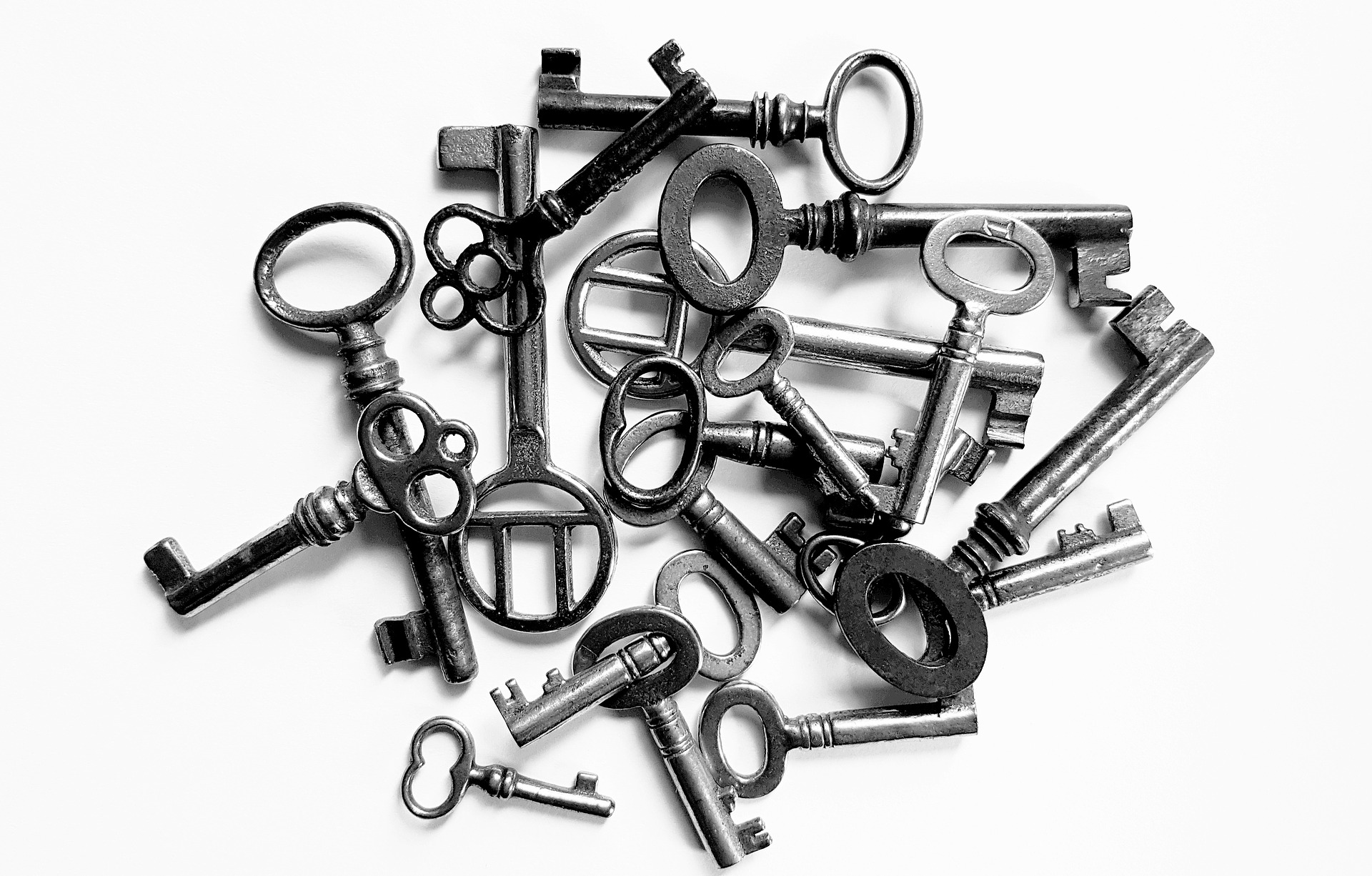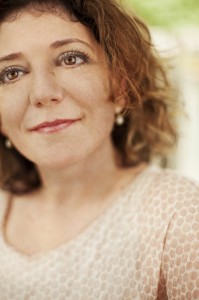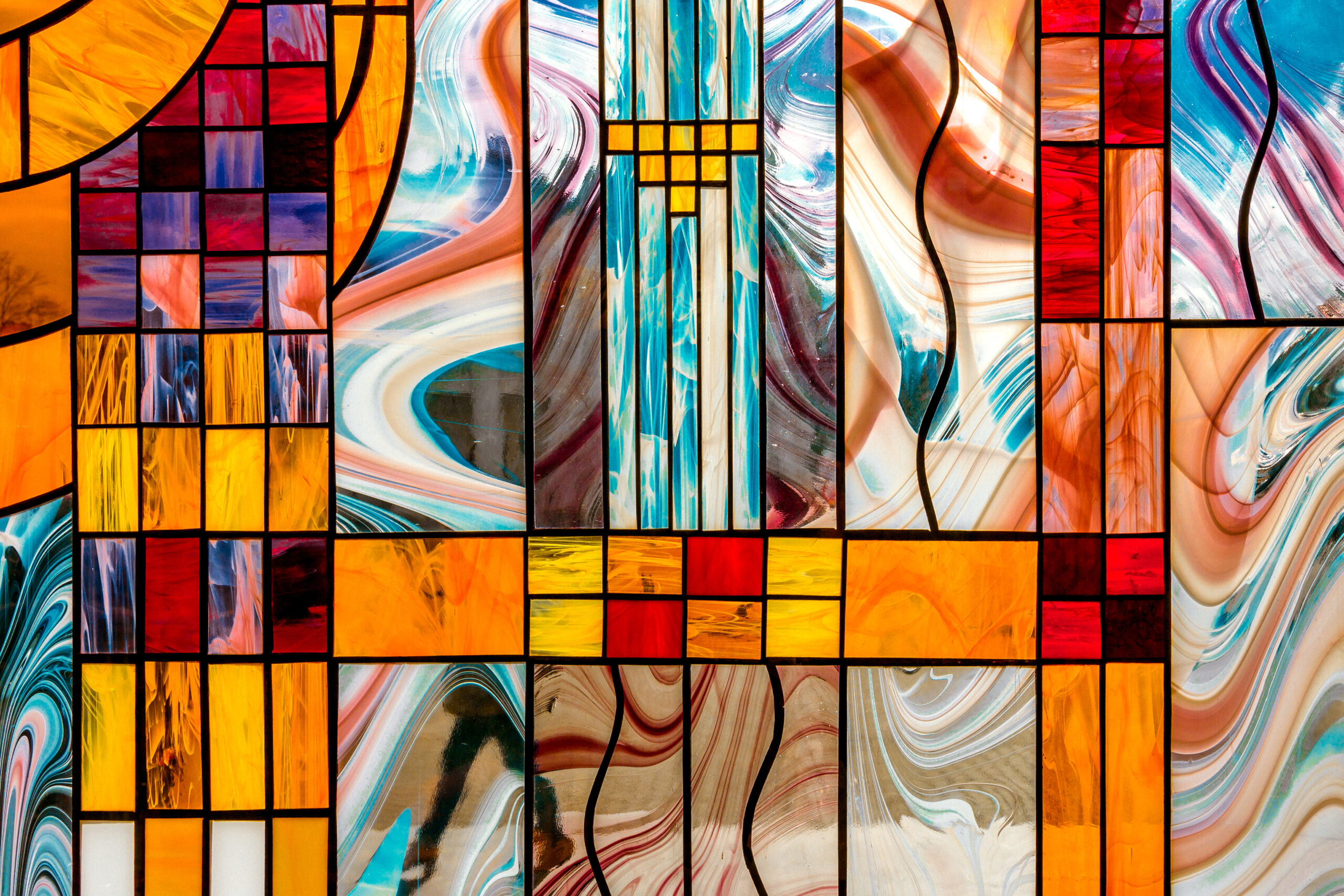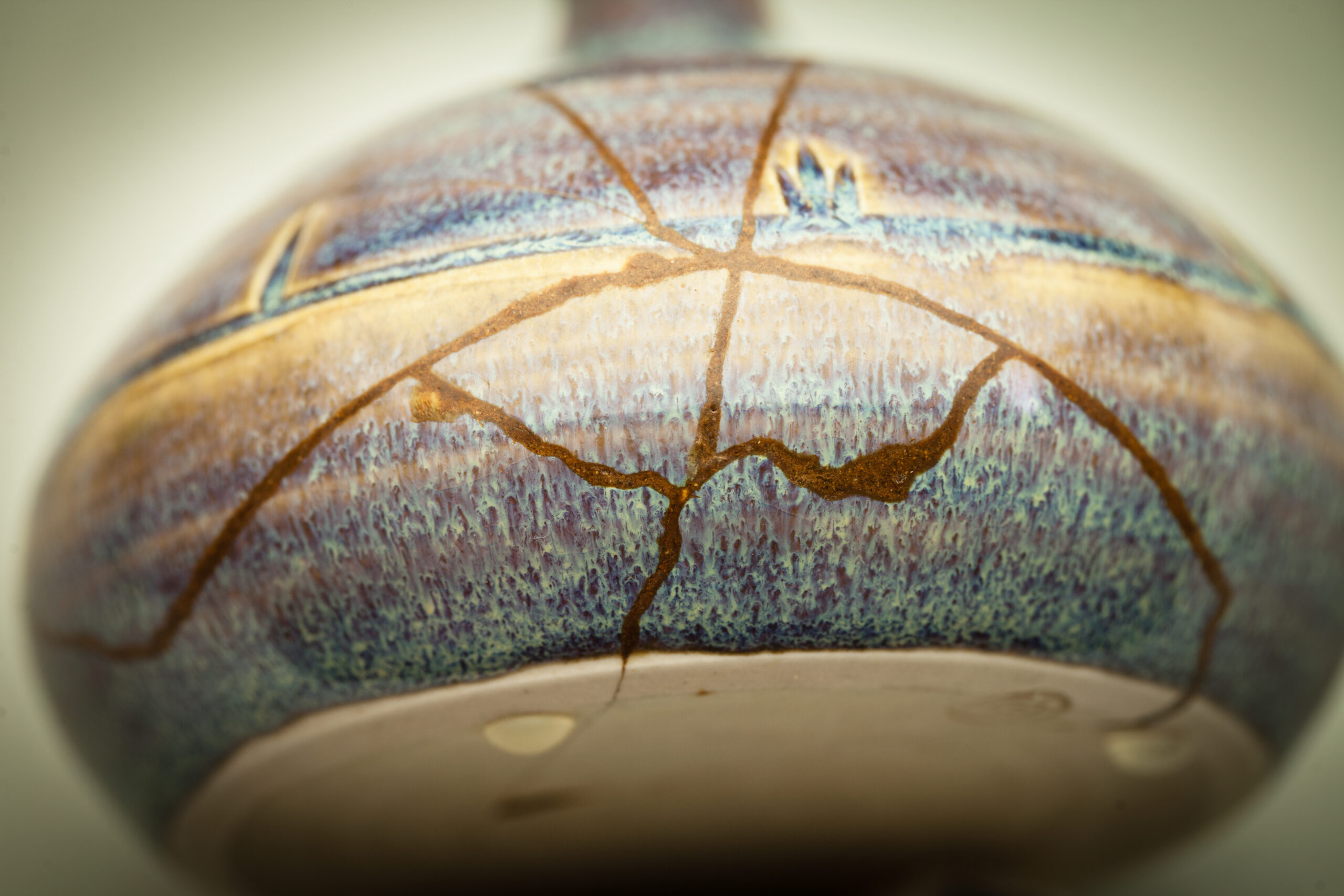Katie Steedly’s first-person piece [The Unspeakable Gift] is a riveting retelling of her participation in a National Institutes of Health study that aided her quest to come to grips with her life of living with a rare genetic disorder. Her writing is superb.
In recognition of receiving the Dateline Award for the Washingtonian Magazine essay, The Unspeakable Gift.
Enter your email here to receive Weekly Wide-Awake
Untamed: Keys

Dropping Keys
The small woman/builds cages for everyone/She/Knows./ While the sage,/Who has to duck her head/When the moon is low,/Keeps dropping keys all night long/For the/Beautiful/Rowdy/Prisoners.
Hafiz
The second Part of Glennon Doyle’s bestselling memoir, Untamed is entitled “Keys.” In it, she outlines “keys” to becoming who we are meant to be. She asks us to: feel it all, be still and know, dare to imagine, and build and burn. That all makes sense to me in the way that wisdom feels both comfortable and challenging. As I did with “Caged,” the first part of Untamed, I have chosen a few golden lives from “Keys.”
“In the past eighteen years, I have learned two things about pain. First: I can feel everything and survive. … Second: I can use pain to become.”
As Doyle suggests, choosing to feel pain is the antithesis of many of today’s cultural norms — the consumerism, instant gratification, “all hat, no cattle” world. Connecting pain and survival — pain as steel temperer — is one way to understand pain. Pain as a key to becoming suggests pain is an integral step toward thriving. The idea that we live through pain — not around it, over it, under it, beside it — and come out on the other side is important. Avoidance and escapism only make us sick, and we don’t have to be sick.
“If you just stop doing, you’ll start knowing.”
Doyle calls upon one of my favorite scripture passages, “Be still and know.” I have written about stillness and knowing, and their importance in my day-to-day life, more times than I can count. I go there in moments of absolute chaos and darkness to find peace and light. In fact, “Be still and know” is the refrain of my Guardian Angel. (We all need a Guardian Angel with a positive refrain.) Stillness and knowing are antidotes to fear. Stillness and knowing are meaning in the face of doubt. Stillness and knowing are movement instead of paralysis. Stillness and knowing are touchstones to which I often return.
“Perhaps for us, as for Tabitha, the deepest truth is not what we can see but what we can imagine.”
Doyle opens Untamed with the story of Tabitha, a cheetah at a zoo she visits with her family. Tabitha is confined to a small space in the zoo. She runs several times a day while zoo visitors watch. Doyle asserts that Tabitha knows that her true cheetah self is more than her life at the zoo. She is more than what she sees. Her deepest truth is the life in the wild she knows and imagines. Doyle believes, and I agree, we are all wild cheetahs called to the freedom of our imaginations.
“When we let ourselves feel, our inner self transforms. When we act upon our Knowing and imagination, our outer worlds transform.”
Doyle clearly connects our inner and outer selves on the path to transformation. Our inner and outer worlds are not separate. That makes sense to me. At the risk of getting too into the weeds, I am reminded of the existentialist statement, “I am not yet.” We are in a constant state of doing and becoming, and our feelings and actions and imagination are central to doing and becoming. One of my favorite philosophers, Maxine Greene, wrote, “Imagination makes empathy possible.” That, for me, perfectly connects imagination with our inner and outer transformation. When we feel deeply ourselves, we can know and imagine an empathic world.
“For a long while I contorted myself to live according to a set of old memos I’d been issued about how to become a successful woman a build a strong family, career, and faith.”
Toward our wild lives — lives where we are not contorted or fearful or small — Doyle suggests we burn the old memos we have received. She asks us to call up from the depths of our souls the truest, most beautiful lives, families, world we can imagine, conjure, fathom, and hope for and write new memos to ourselves. This makes me think of the memos I have received and written in my life. The memos I embrace. The memos I reject. The memos I own. The memos I sell. The memos that burn me deeply. The memos I burn as fuel. Today, I write memos about the beautiful shape my life can take when shape itself — shape known in the guises of expectation and fear and longing and silence — has been destroyed.
About Katie

From Louisville. Live in Atlanta. Curious by nature. Researcher by education. Writer by practice. Grateful heart by desire.
Buy the Book!
The Stage Is On Fire, a memoir about hope and change, reasons for voyaging, and dreams burning down can be purchased on Amazon.





